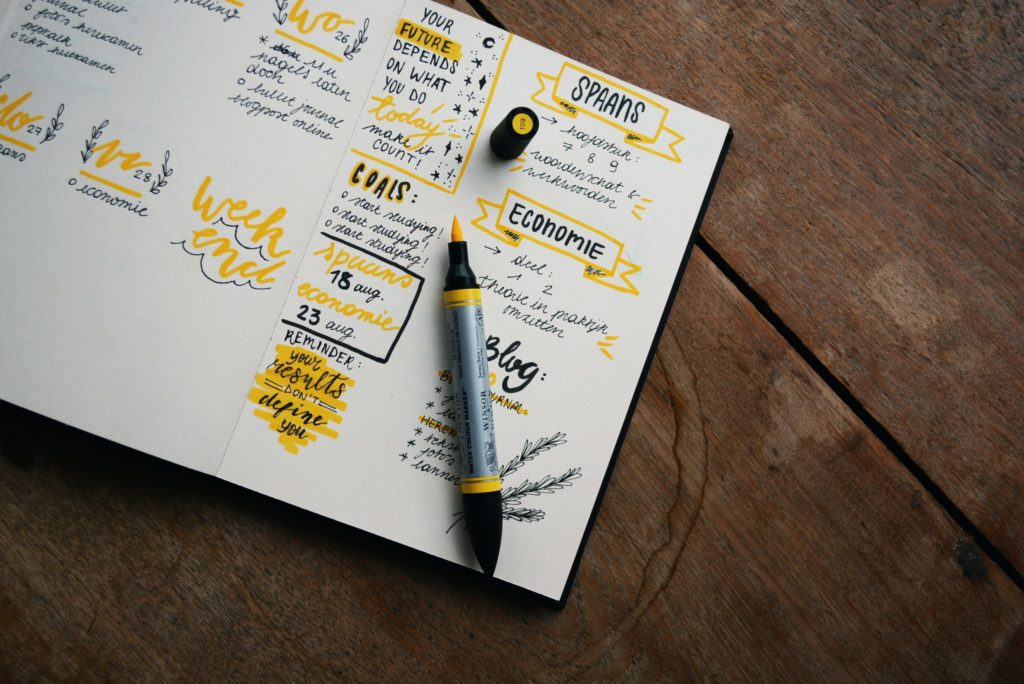Managing finances during unpredictable times can be tricky. But with the pandemic and all the changes we’ve managed financially recently, it’s important to remember some basic tips when it comes to our finances. If you’re looking to learn what you can do to keep your credit on the right track and set yourself up for a healthy financial future, read on for four basic financial tips to consider.
1. Keep the future close.

When considering finances, people don’t often think about life insurance. But the truth is that setting up a life insurance policy now will mean a better shot at financial security for your beneficiary in the future. If you’re healthy now, you could secure a lower monthly payment than if you wait. It’s a good idea to at least call for quotes on a life insurance policy today instead of waiting until you’re older.
Think about it like a savings account. Now only would a policy allow your family members to pull a death benefit out in the event of your passing, but it could also pay off for you while you’re alive as well. There are companies who are willing to buy out your policy in the event that you’re diagnosed with a terminal illness. They will pay you while you move through the end of life stages and can be a good option for those who can’t keep up with bills and expenses near the end.
2. Your home is money.

People don’t always think about the financial incentives of owning a home and hesitate to get their first mortgage. For those looking to be sure they have enough money throughout their lives, becoming a homeowner is one way to build financial security you might not otherwise have. Over the course of a lifetime, there are so many ways you can use your home and home’s value to help your finances. Maybe you want to finance your home renovation with a loan. That same money could go toward paying off credit card debt and keeping your credit report on track. Home equity loans, benefits to overall credit, and more make owning a home worth it.
For those wondering how they can be money savvy and quickly reach financial goals, a great way is to consider buying a home that could be turned into a future investment. While it may sound intimidating, a home is the best way to make a long term investment in yourself but could serve another purpose, too. Even if you aren’t sure you’re ready to plant roots and settle down, your home could always serve as an investment property and a stream of passive income if you decide to take on tenants.
3. Know the difference between want and need.

It might sound simple but it’s a struggle for some — knowing the difference between want and need. Before you purchase anything, especially big items, remember to set a realistic budget in advance. More importantly, ask yourself if you really need it. It’s human nature to want something but if wanting good credit is on that list, asking that question about if you can really afford and need it is a good way to double-check yourself.
4. Keep an emergency fund.

Financial professionals will tell you that one of the best things you can do for financial stability is to build yourself a cushion with your savings account. To do this, come up with a monthly budget and pay yourself a specific amount each month just for savings. Vow not to spend that money and continue to increase the amount you pay yourself as your cash flow improves. Soon enough, that lump sum can be used toward a big purchase like a house or other investment; leading to even better financial health. While it will be hard at first, it will pay off long term.
Remembering that finances matter not only now but in the future will go a long way toward helping you to form good habits today. Don’t spend what you don’t have. Save what you can. Plan for the future or even after your death. Use what you currently have to make the most of it, whether that means to refinance, seizing income opportunities, or something different. By asking yourself the important questions about want versus need, you’ll be happy five years or more from now to see it’s all added up to financial security.























